Publications
Articles, publications, books, tools and multimedia features from the U.S. Institute of Peace provide the latest news, analysis, research findings, practitioner guides and reports, all related to the conflict zones and issues that are at the center of the Institute’s work to prevent and reduce violent conflict.
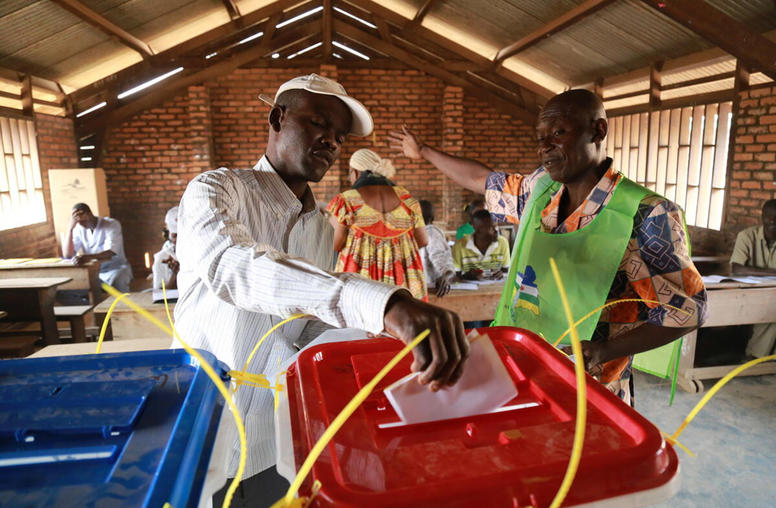
Central African Republic’s Disputed Elections Exacerbate Rising Tensions
After an election period marked by violence and rising tension, the Central African Republic’s (CAR) incumbent president, Faustin Archange Touadéra, has been re-elected, according to the country’s election commission. Days before the vote, a disparate medley of armed groups coalesced to demand the vote be postponed. Since the polls’ closing, there has been a serious spike in violence with fighting in many major towns. The political opposition as well as the newly formed armed coalition have rejected the results and have demanded a re-run election. USIP’s Elizabeth Murray and Rachel Sullivan explain what led to rising violence in the weeks before the polls, what it means for the floundering 2019 peace agreement, and where the international community stands.
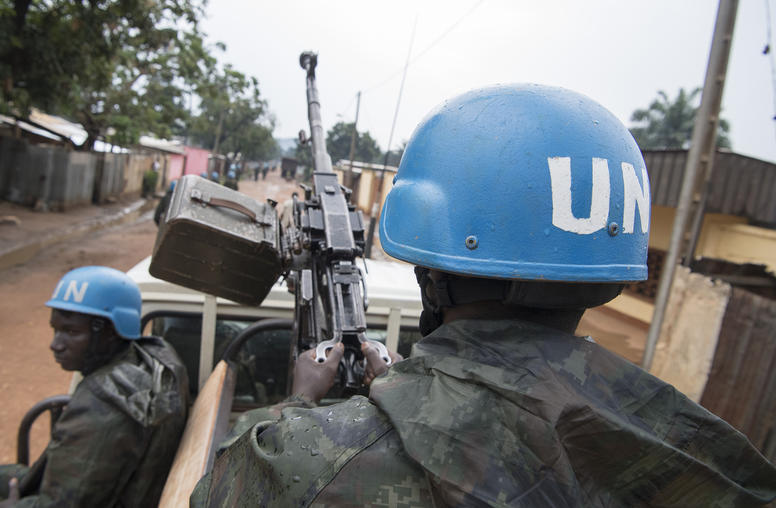
Central African Republic: The Peace Effort That Went Awry
The renewed violence in CAR reflects the need for a consistent engagement by the international community to sustain a peacebuilding process in the country. Governments and international organizations too often have focused on the country sporadically, in short-term reactions to crises that offer only temporary solutions.
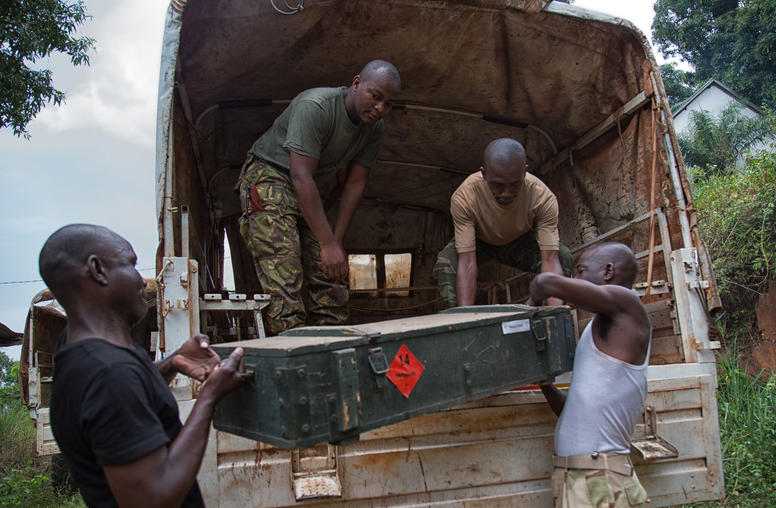
Central African Republic Struggles to Implement Peace Deal
The peace agreement signed in the Central African Republic (CAR) in early 2019 is the eighth in seven years, numbers that suggest how difficult it will be to even attempt to end to the country’s multi-sided conflict. That said, the accord this time was reached after more extensive preparations for talks and with greater international support than in the past, perhaps improving conditions for a sustainable halt to violence that has displaced more than 1.2 million people.
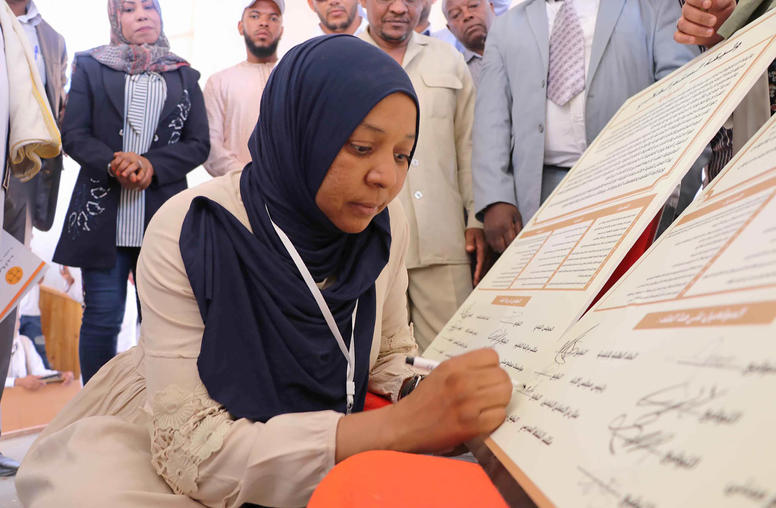
Peacebuilding Needs Local Partners — But How Do You Define ‘Local’?
The Global Fragility Act (GFA) marked the launch of a new U.S. government approach to conflict prevention and stabilization abroad. Notably, this new approach includes a commitment to locally-driven solutions — a reflection of the peacebuilding community’s growing emphasis on the local dimensions of peace and conflict.
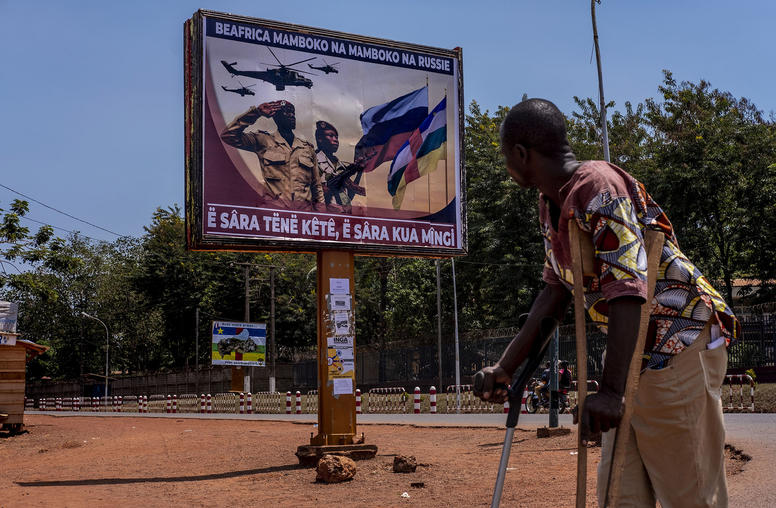
Beyond Fake News: the Central African Republic’s Hate Speech Problem
After a recent contested election, the Central African Republic finds itself in a precarious situation. Violence around the election combined with the socio-economic impacts of COVID-19 and destructive flooding have caused the humanitarian emergency to reach its worst state in five years. Meanwhile, the CAR government has been accused of engaging in Russian-backed disinformation campaigns targeting domestic civil society, French diplomats and the United Nations peacekeeping mission (MINUSCA), threatening key relationships. Even as the long-simmering issue of hate speech continues to draw fault lines through the country, efforts to combat these campaigns have focused primarily on challenging fake news rather than addressing the underlying fear and prejudice that spoilers use to stoke conflict.
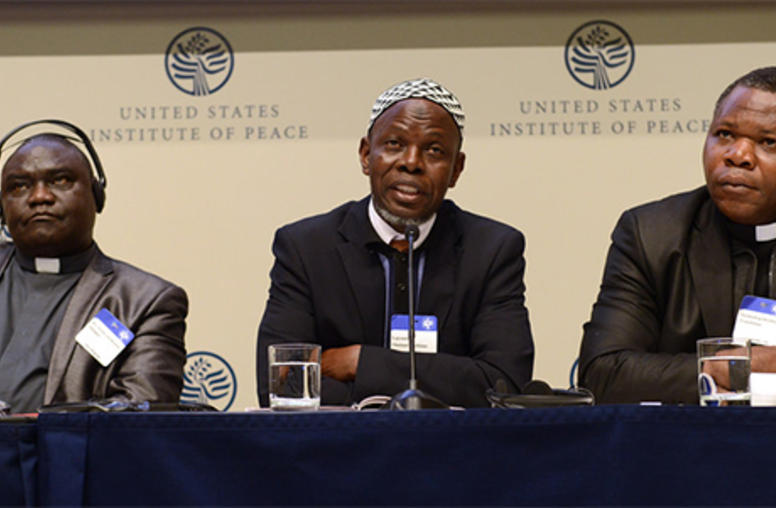
Central African Republic: Religious Leaders Call for Dialogue Backed by Grassroots
Reconciliation and peacebuilding in the Central African Republic will require a national dialogue supported by a grassroots movement, according to the Catholic Archbishop of Bangui Dieudonné Nzapalainga. He spoke at USIP alongside a Muslim imam and Protestant minister about the trio’s efforts to end a brutal two-year-old conflict that reportedly has killed more than 5,000 and forced more than 830,000 people from their homes.
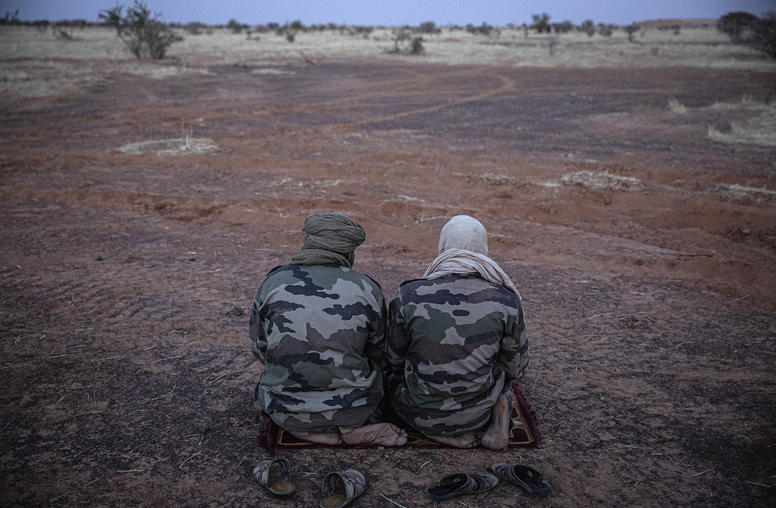
As Violent Extremism Evolves, Local Partners are Key in Finding Solutions
In the 22 years since the 9/11 attacks, the global community has grappled with how best to respond to, prevent and address violent extremism and its impacts, including acts of terrorism. Policymakers and practitioners alike have recognized the need to avoid overly repressive measures, so significant investment has gone into a version of preventing and countering violent extremism (P/CVE) that adopts a less-securitized approach alongside an array of peacebuilding, development and public health tools.
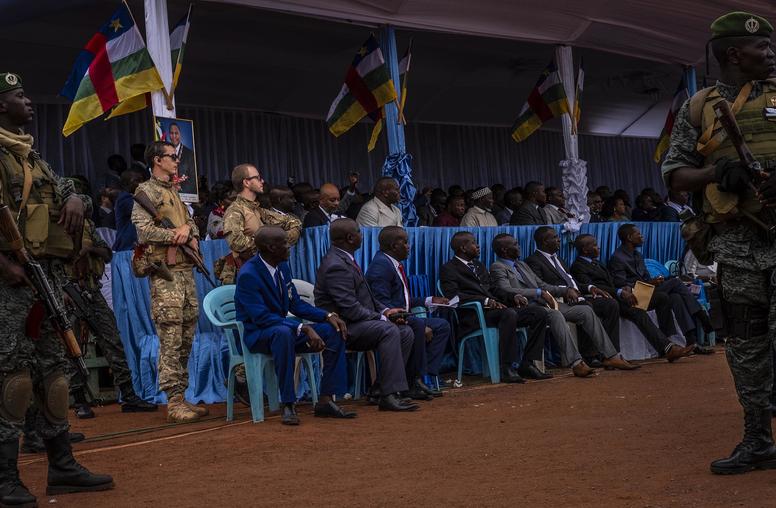
Amid the Central African Republic’s search for peace, Russia steps in. Is China next?
The 2017 National Security Strategy refocused U.S. foreign and defense policy to address resurgent major power competition with Russia and China. In U.S. foreign policy, Africa has emerged as a frontline for this competition, as in recent years both Moscow and Beijing have sought to expand their influence and promote their interests on the continent. Nowhere is the role of major powers more apparent than in the Central African Republic (CAR), where Russia has emerged as a key power broker amid a civil war that has simmered since 2012. Despite concerns about the need to counter other major powers, the best course for U.S. policy in CAR is to not allow competition with Russia and China to distract from the fundamental priority of supporting a democratic, inclusive path to peace.
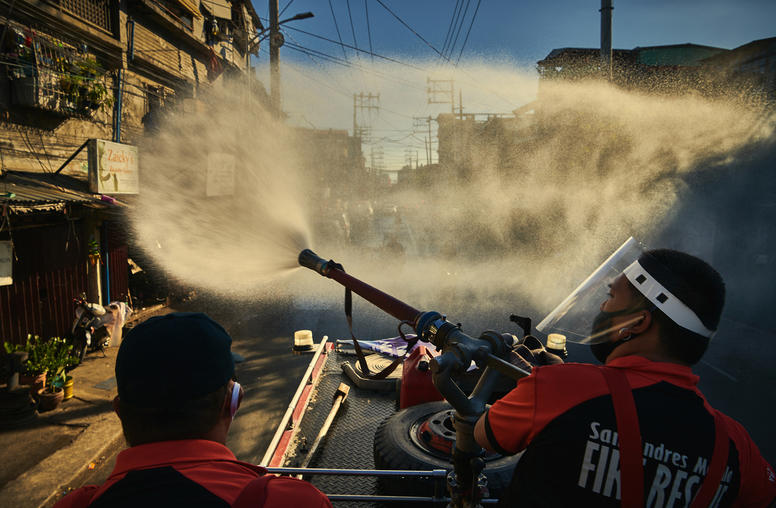
Searching for COVID-19 Ceasefires: Conflict Zone Impacts, Needs, and Opportunities
On March 23, 2020, as COVID-19 was first appearing in many conflict-affected areas, UN Secretary-General António Guterres issued a call for warring parties to cease hostilities and instead wage battle against the pandemic. Drawing on an examination of conflicts in Afghanistan, Colombia, Cameroon, Israel and Palestine, Libya, the Philippines, Syria, Ukraine, and elsewhere—this report looks at how COVID-19 has affected conflict parties’ interests, positions, and capacities, and provides recommendation for how the international community leverage the pandemic to promote peace.